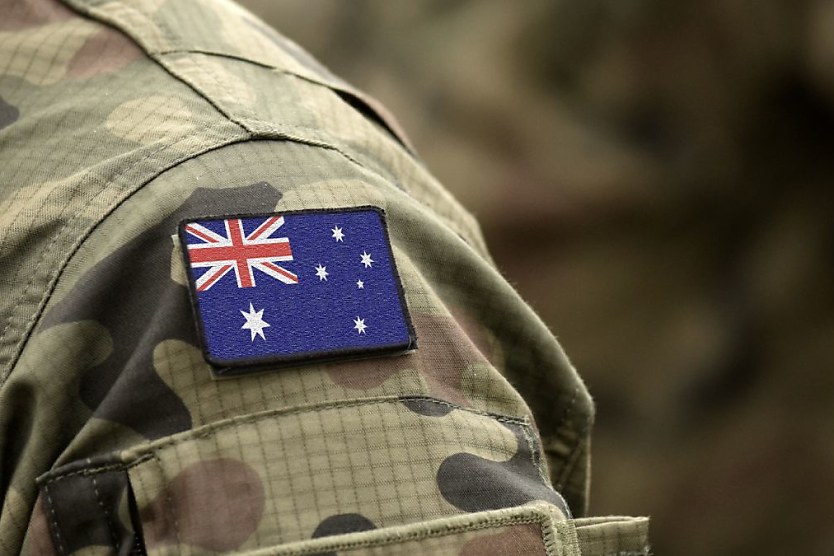Royal commission into ADF suicides reveals disturbing statistics
SHARE THIS ARTICLE

A royal commission into the suicide rates of Australian Defence Force (ADF) members and veterans has revealed some damning results, prompting the need for continued interventions into the wellbeing of Defence personnel.
Kicking off on 8 July 2021, the Royal Commission into Defence and Veteran Suicide was a landmark inquiry into the state of the ADF’s mental health.
Shockingly, recent findings from the report revealed that over the last decade, on average, there have been 78 serving or ex-serving ADF member suicides each year across Australia. This equates to three deaths every fortnight.
According to the government, males serving as permanent ADF members are 30 per cent more likely to die by suicide than the rest of the employed male population. Meanwhile, males serving in combat and security roles are two times more likely to die by suicide than the rest of the employed population.
“Previously, Defence stated that service was a protective factor when it comes to suicide. Our analysis, and comparisons to the employed population, show that risks of military service, whether it is occupational or organisational, suggest service may be a risk factor,” commissioner Dr Peggy Brown said.
“The royal commission strongly believes the employed population is a more accurate comparison group than the general population when identifying at-risk groups in the ADF, given that all members of the ADF are employed and the ADF does not generally enlist individuals with pre-existing disorders.”
With results like this, it’s no wonder the ADF has had such poor recruitment rates in recent years. These issues are far-reaching, as the mental health of members, the image of the ADF, and the national security of the country all take a hit from negative perceptions.
Brown said: “These statistics, along with what the royal commission has uncovered in its nearly three years of inquiry, should be seen as an opportunity by Defence to create change and regain the trust of serving and ex-serving members, as well as new recruits. To be an employer of choice, Defence must embrace a duty of care and take action to reduce mental injury and suicide behaviour.”
Royal commission chair Nick Kaldas addressed the issue in April, during the final public hearing of the royal commission. He outlined the need for a “much-needed shock to the system” to turn these statistics around.
“Fixing the cultural and systemic issues we’ve identified … will help stop the revolving door of employee turnover that poses a real risk to Australia’s Defence capability,” Kaldas said.
“We all owe it to our sailors, soldiers, aviators and families to ensure they receive the protection and support they need and deserve.”
In Australia, there are over 3,000 deaths by suicide recorded each year. This makes suicide the second-leading cause of premature death and the leading cause of death for young people. Males are three times more likely to be affected.
Hopefully, interventions like the Royal Commission into Defence and Veteran Suicide can help to reduce the alarming rates and serve as a catalyst for protecting the mental health of at-risk employees.
If you or someone you know is struggling with mental health, reach for support at https://www.lifeline.org.au/ or call 13 11 14.
Jack Campbell
Jack is the editor at HR Leader.

